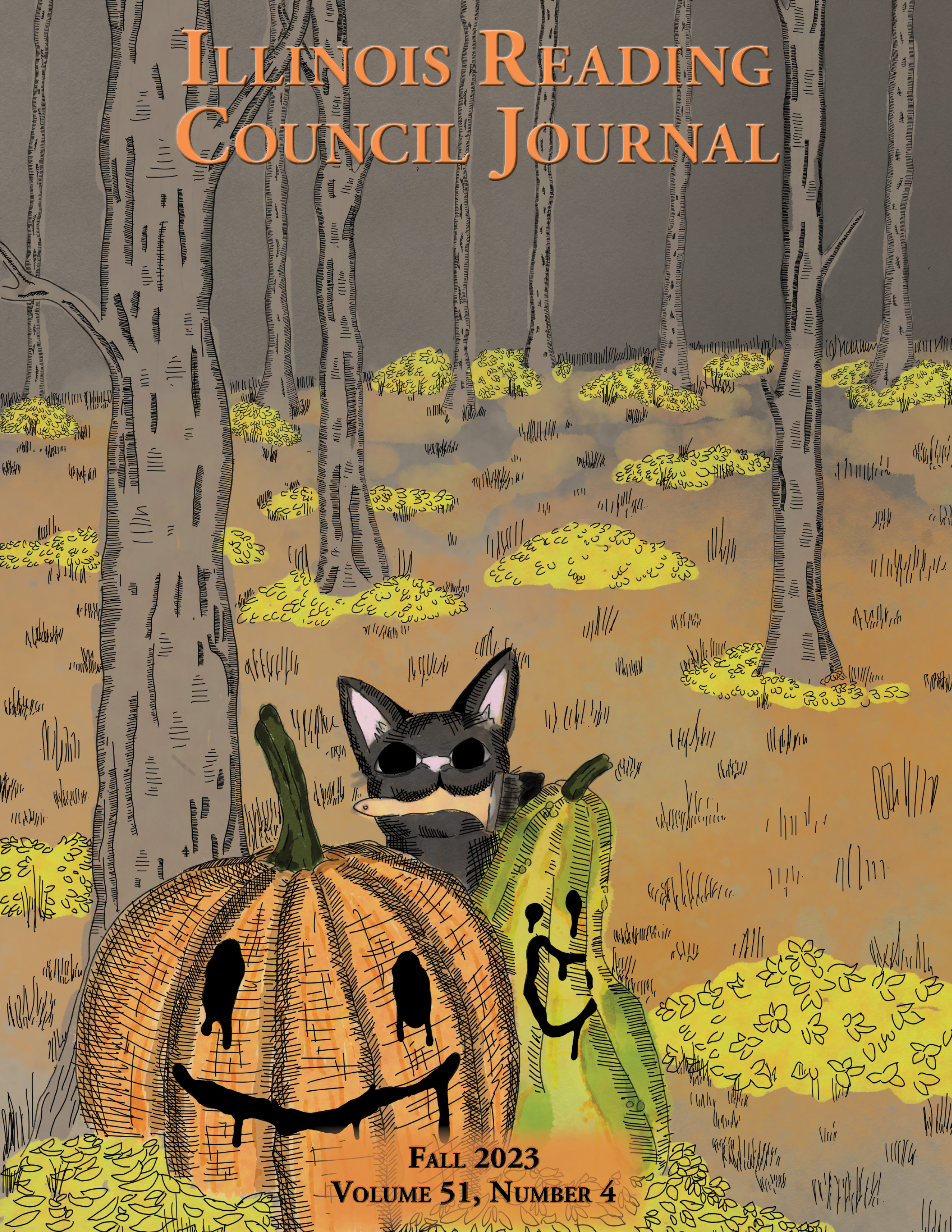 |
Professional Development: Elevating Teachers and Teaching: Changing the Narrative
By Sophie Degener, Adelfio Garcia, Ivy Sitkoski, and Martin Mireles
Document: Column
Introductory Paragraph: For the past couple of years, there has been a persistent message in news stories, podcasts, and on social media that teachers are not teaching reading correctly and/or they are pushing a “woke agenda” through reading books with diverse characters that represent marginalized perspectives. One proposed solution to both of these perceived issues is to diminish teacher agency by mandating scripted literacy curricula that provide little or no flexibility for modifying lessons to meet the linguistic, cultural, academic, and social needs of our students. For many, it is a frustrating time to be a teacher. As the 2023-2024 school year begins, let’s commit to changing the current narrative around teaching and teachers. If you are currently reading this column, then you are demonstrating intellectual curiosity and a desire to continuously improve your teaching craft. Find like-minded colleagues at your school or within your community to join together with and practice responding to the outrages, both big and small, that are befalling teachers. When you read a story critical of teachers in the newspaper, write a letter to the editor that provides a different perspective. When you read a Twitter or Facebook post that decries the “woke agenda” of teachers, respond with facts and share your own experiences. If your school district is considering mandating a scripted curriculum, show up at school board meetings or seek positions on curriculum committees so you are at the table when decisions are being made. Teachers are professionals with vast sources of knowledge about what the kids in their classrooms need. We need to make sure our voices are heard. And to build your professional knowledge and support your sense of expertise and agency, we encourage you to keep reading! The books we have reviewed in this column will do much to build your knowledge so that you feel well-equipped to take on anyone that challenges or questions your work with children.
DOI: https://doi.org/10.33600/IRCJ.51.4.2023.60
Page Numbers: 60-64
|


